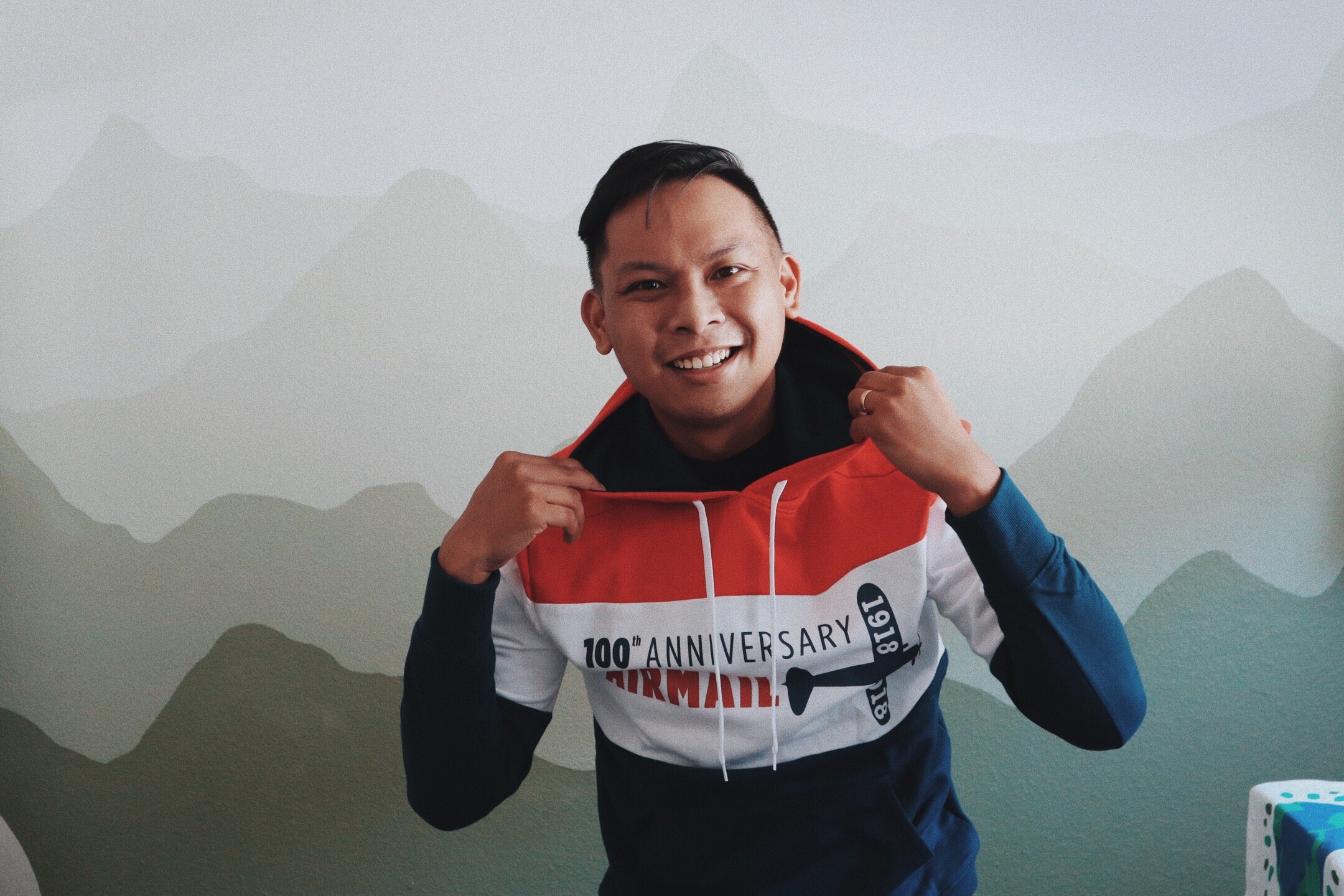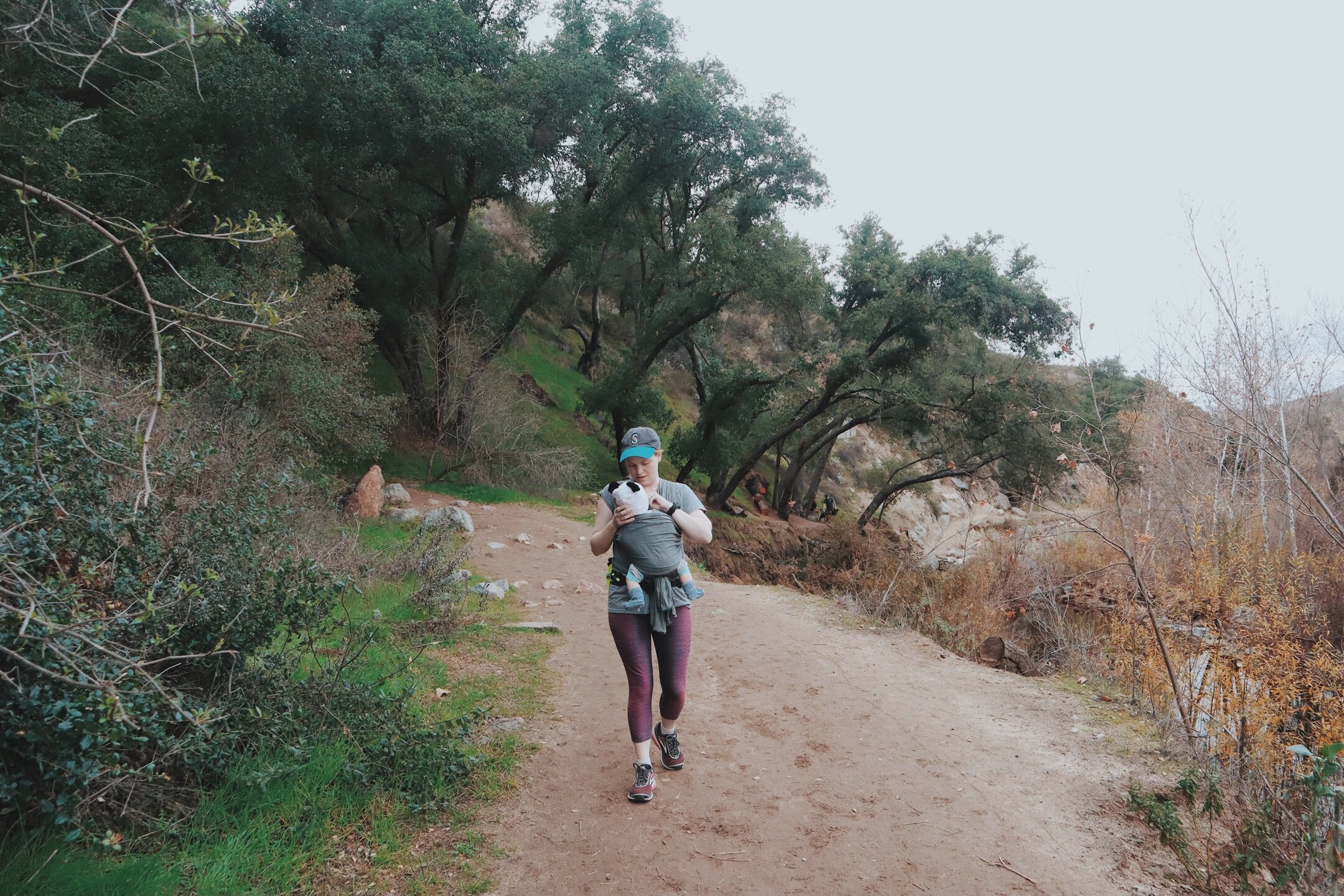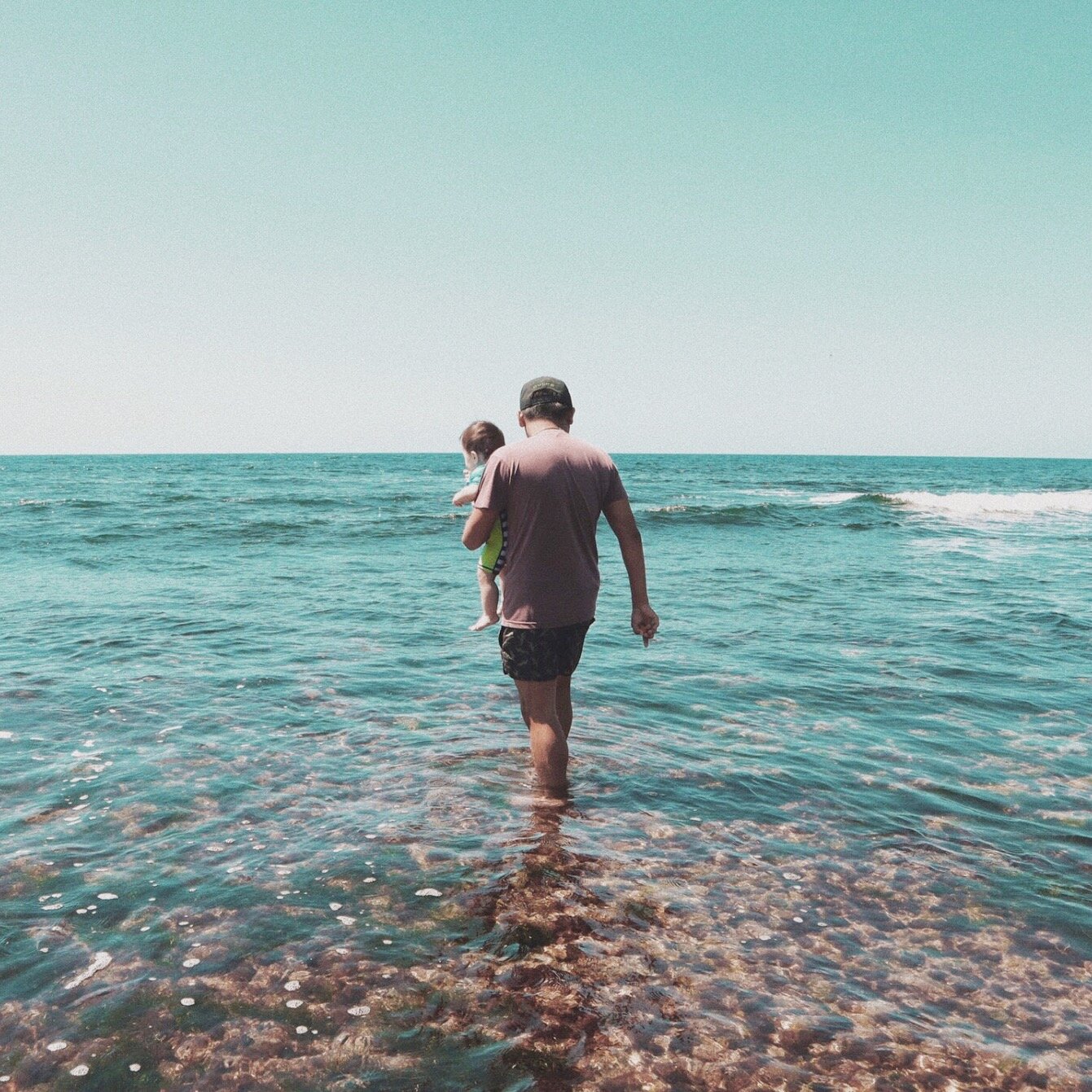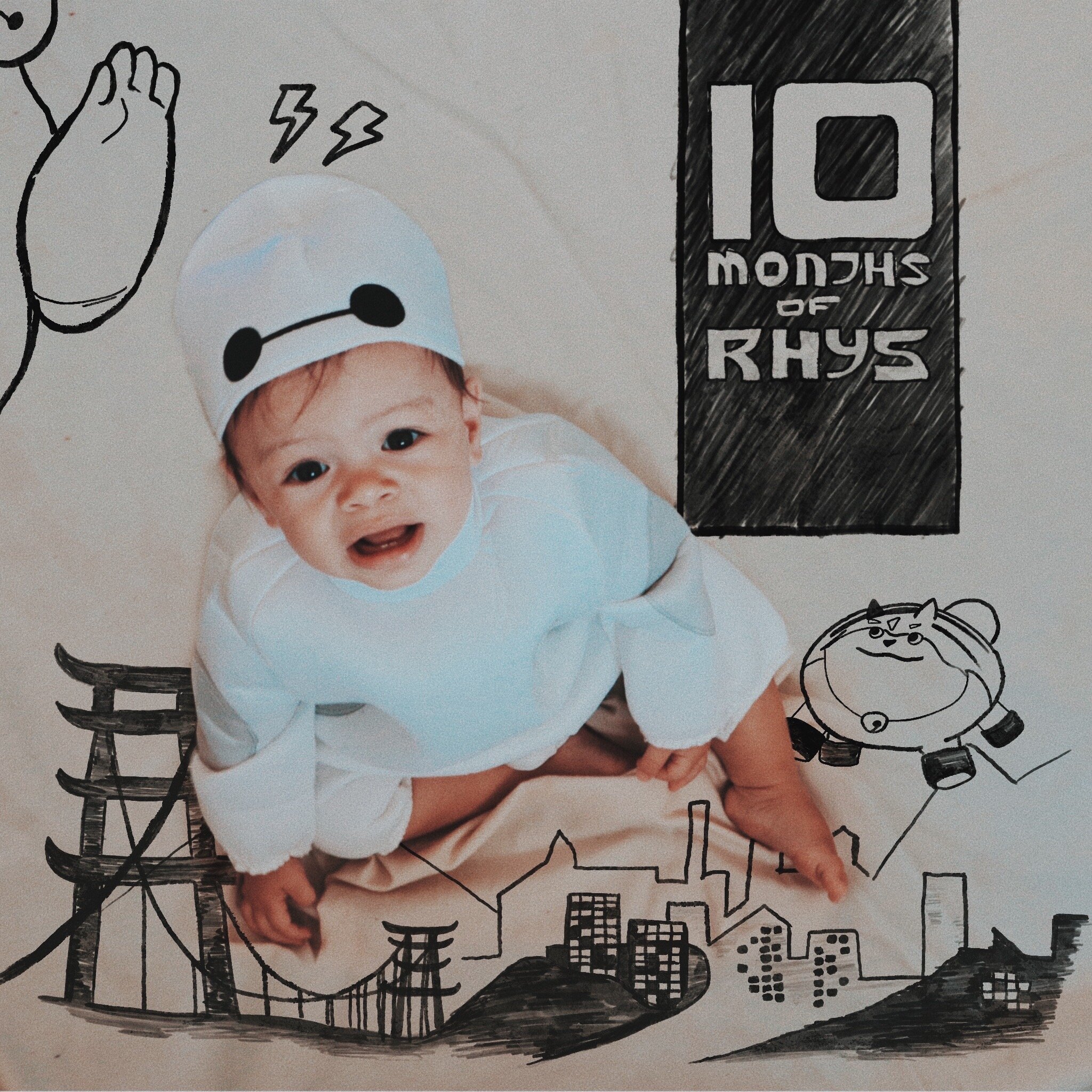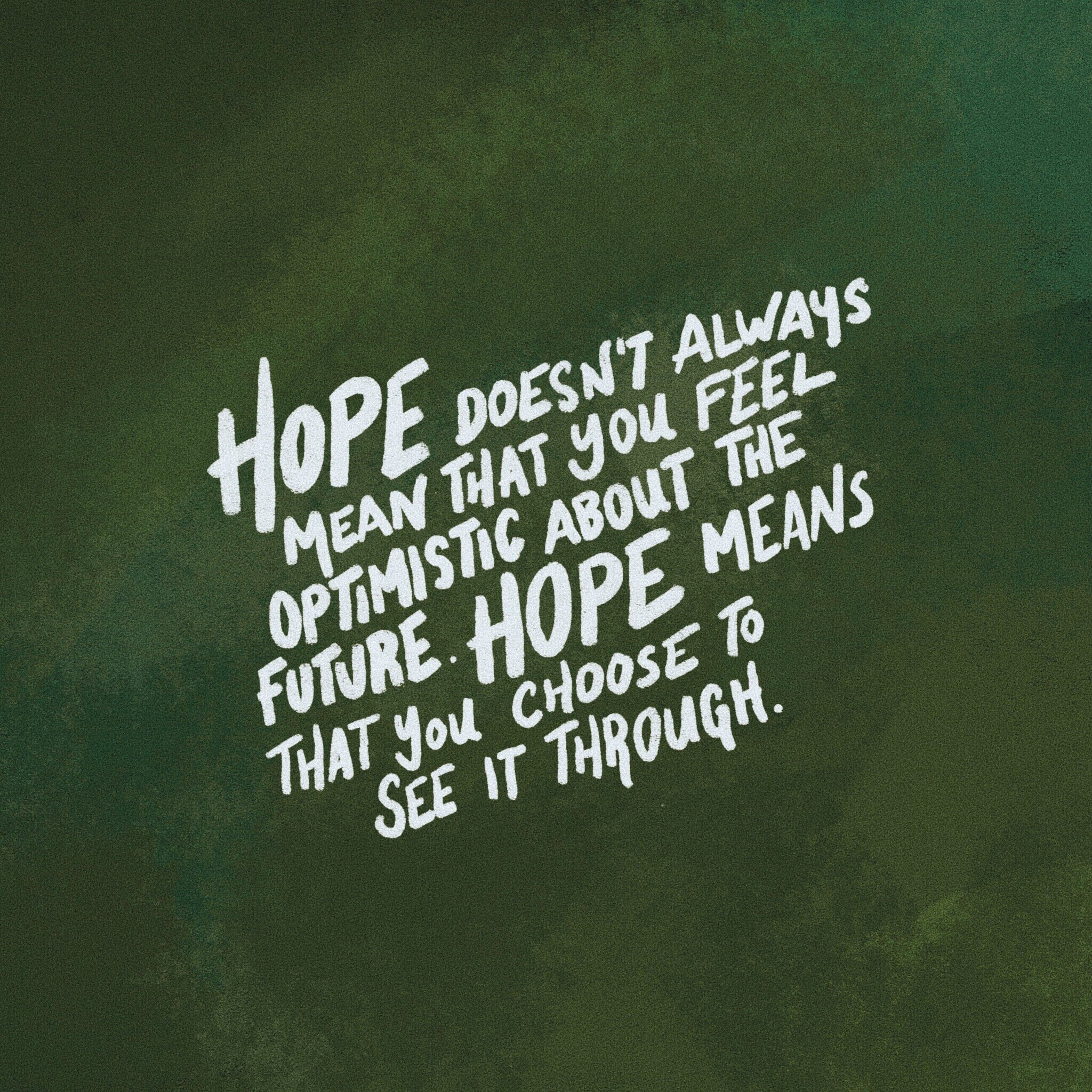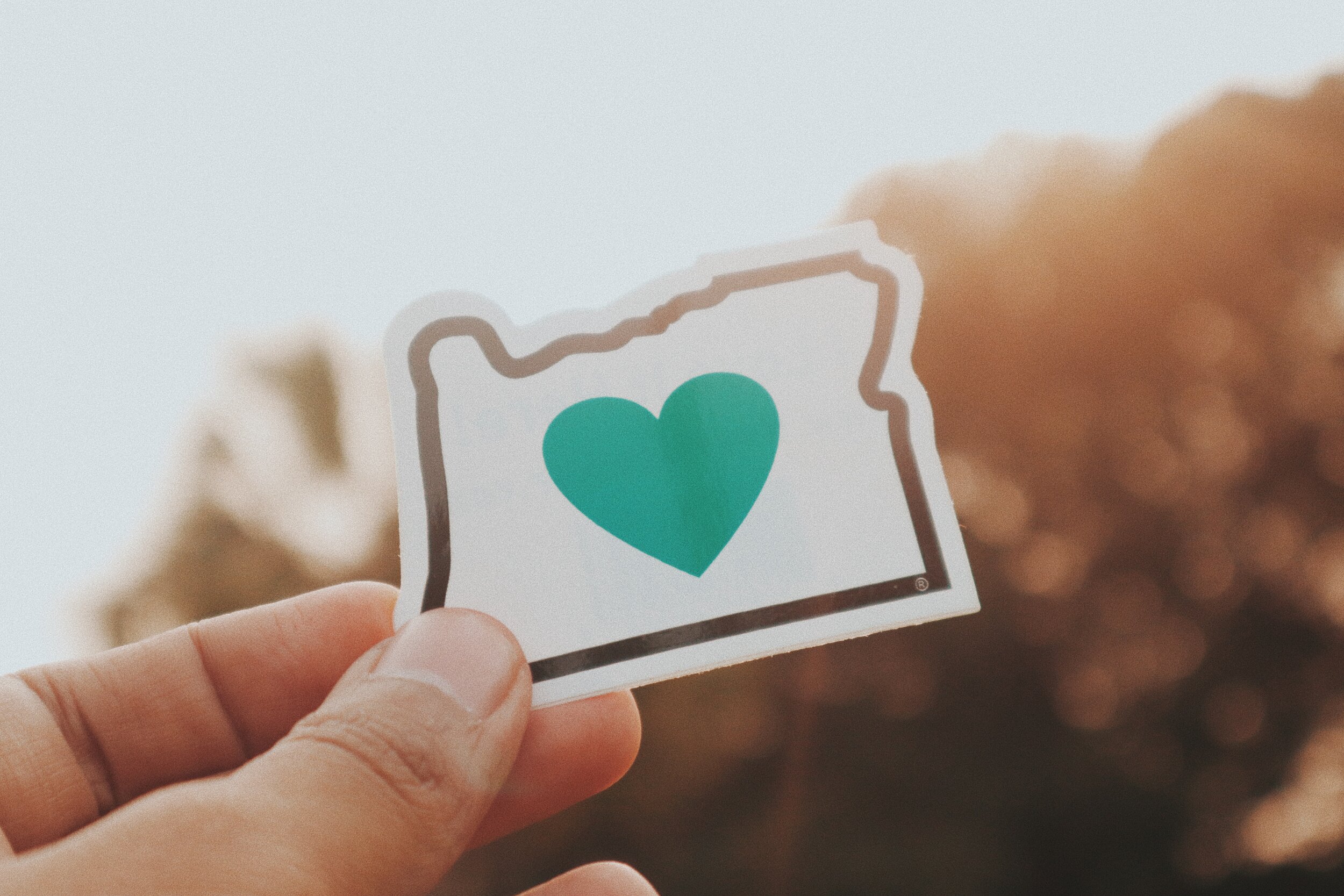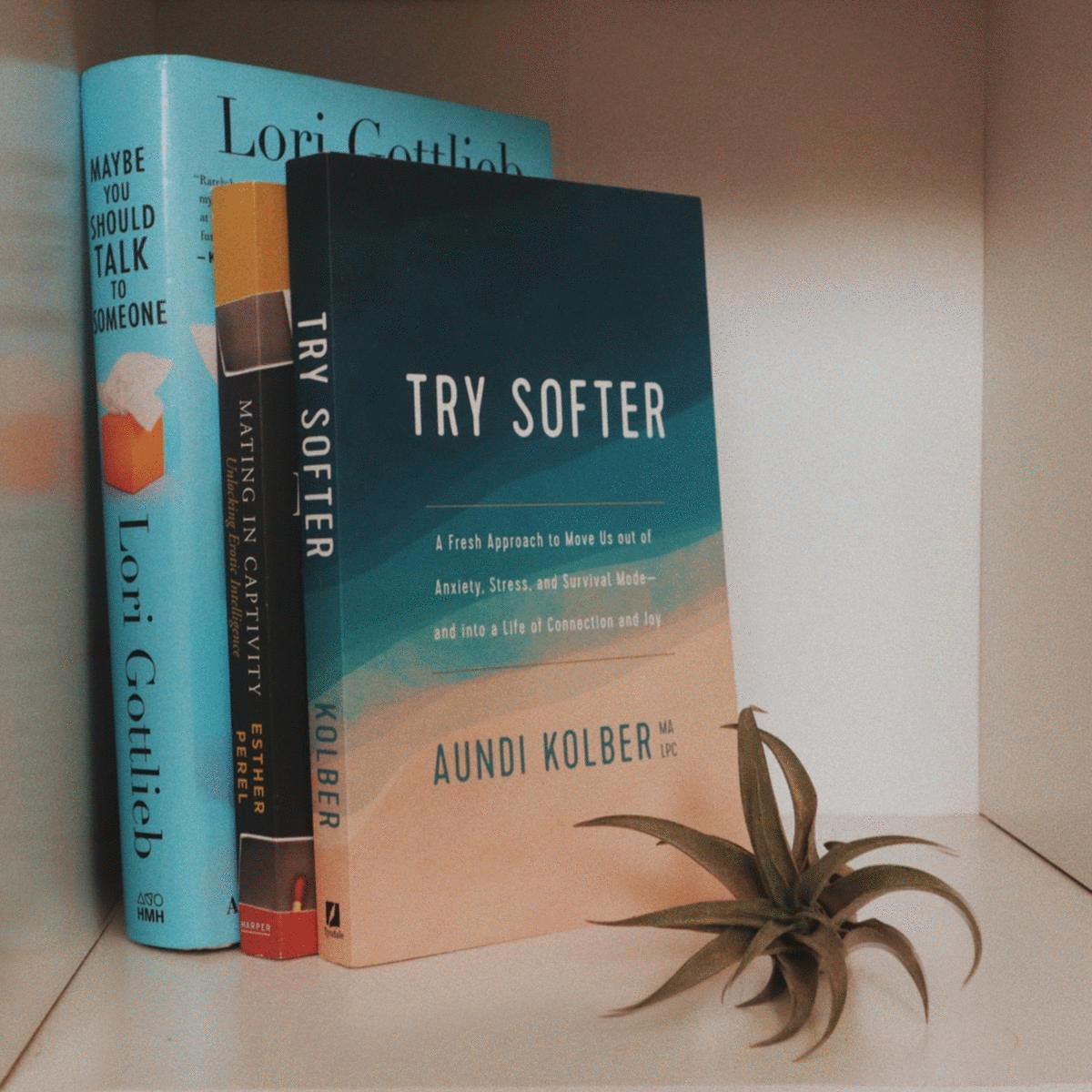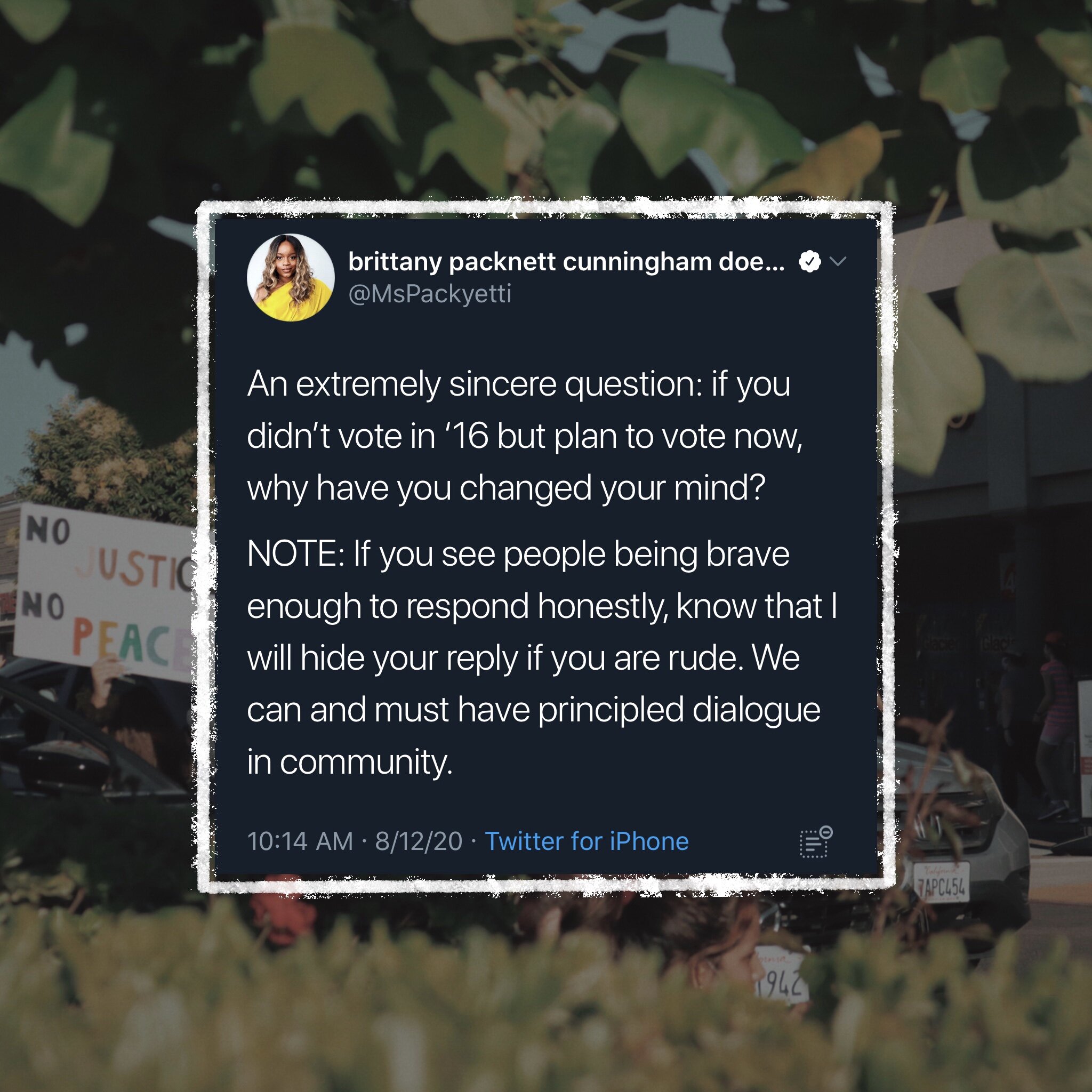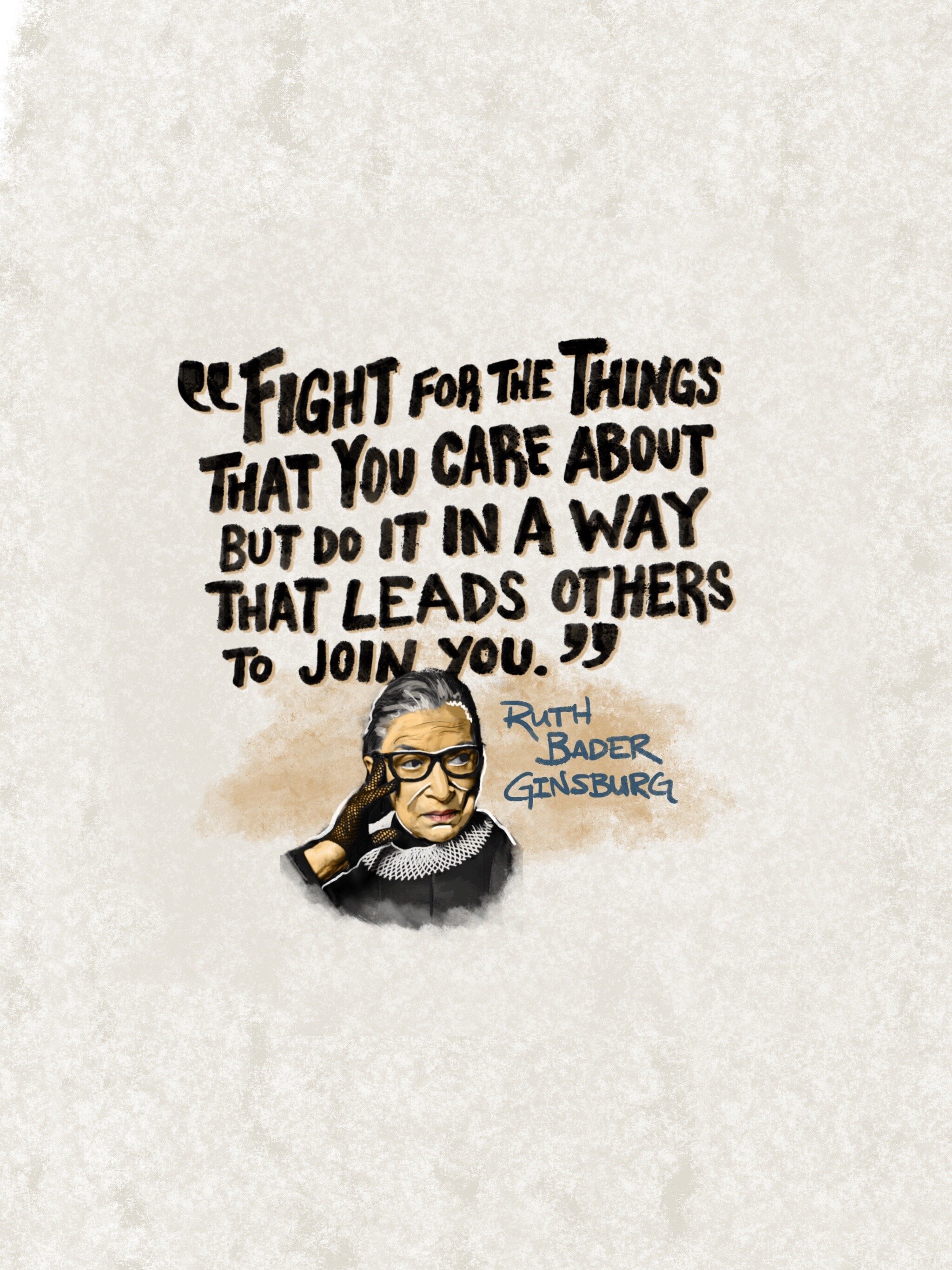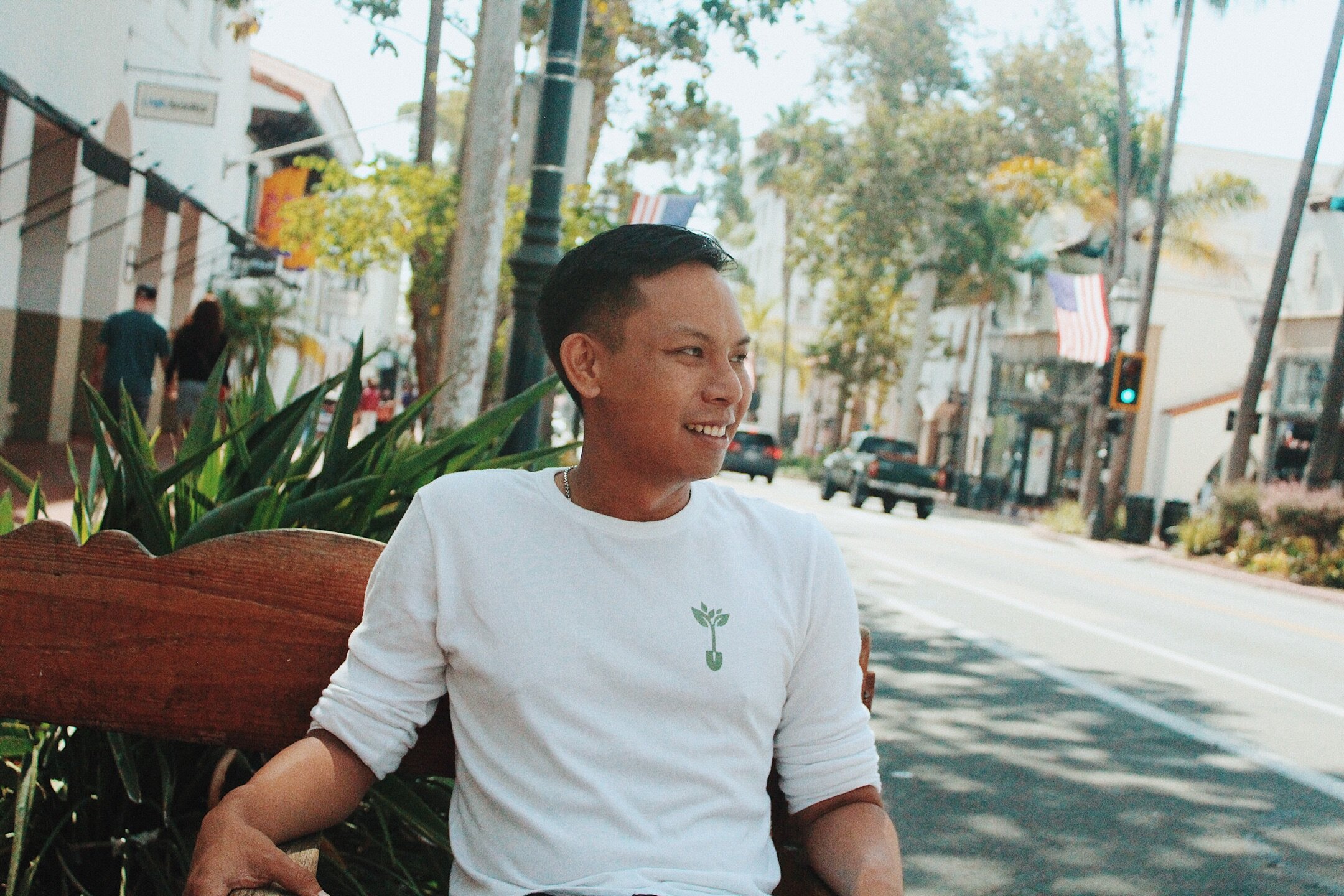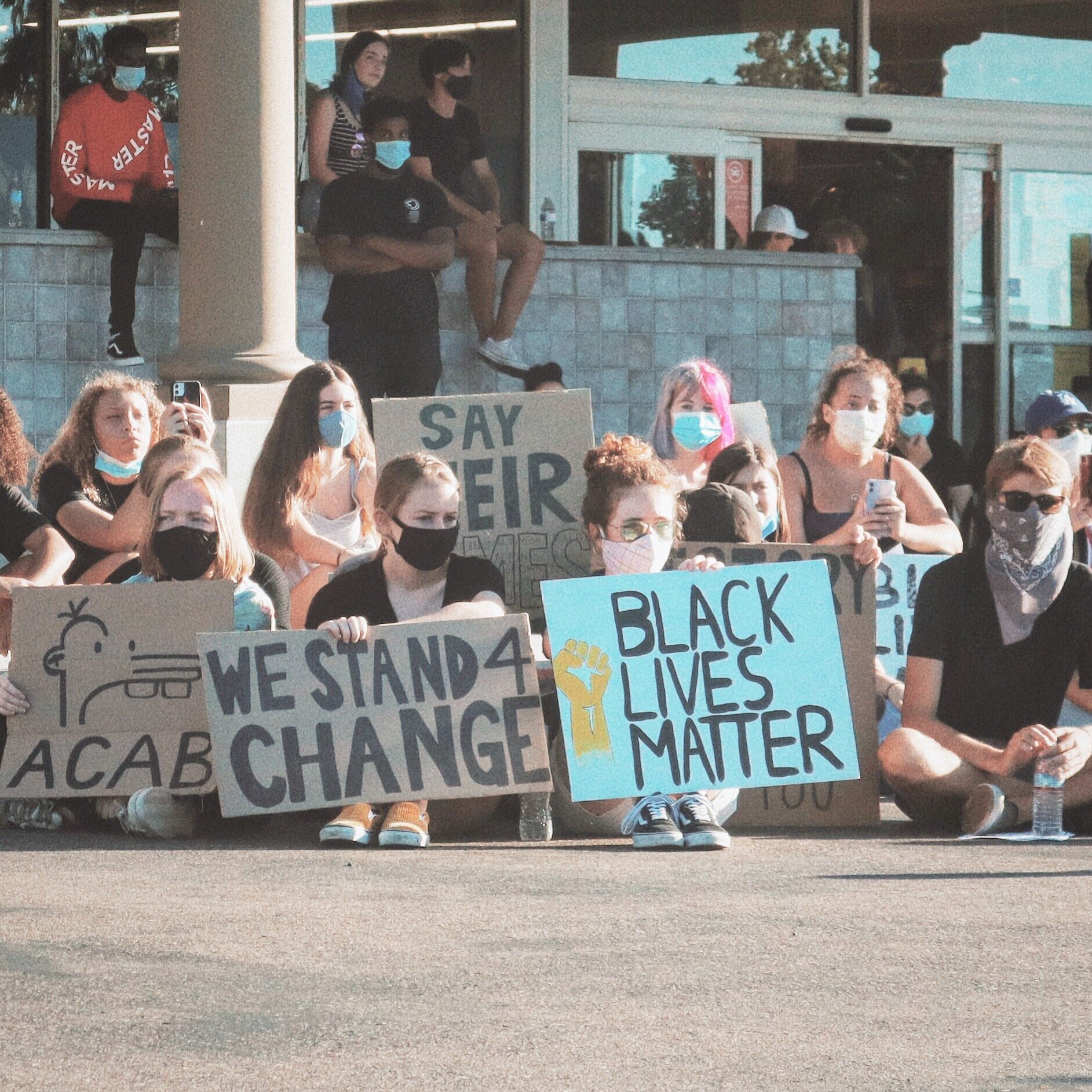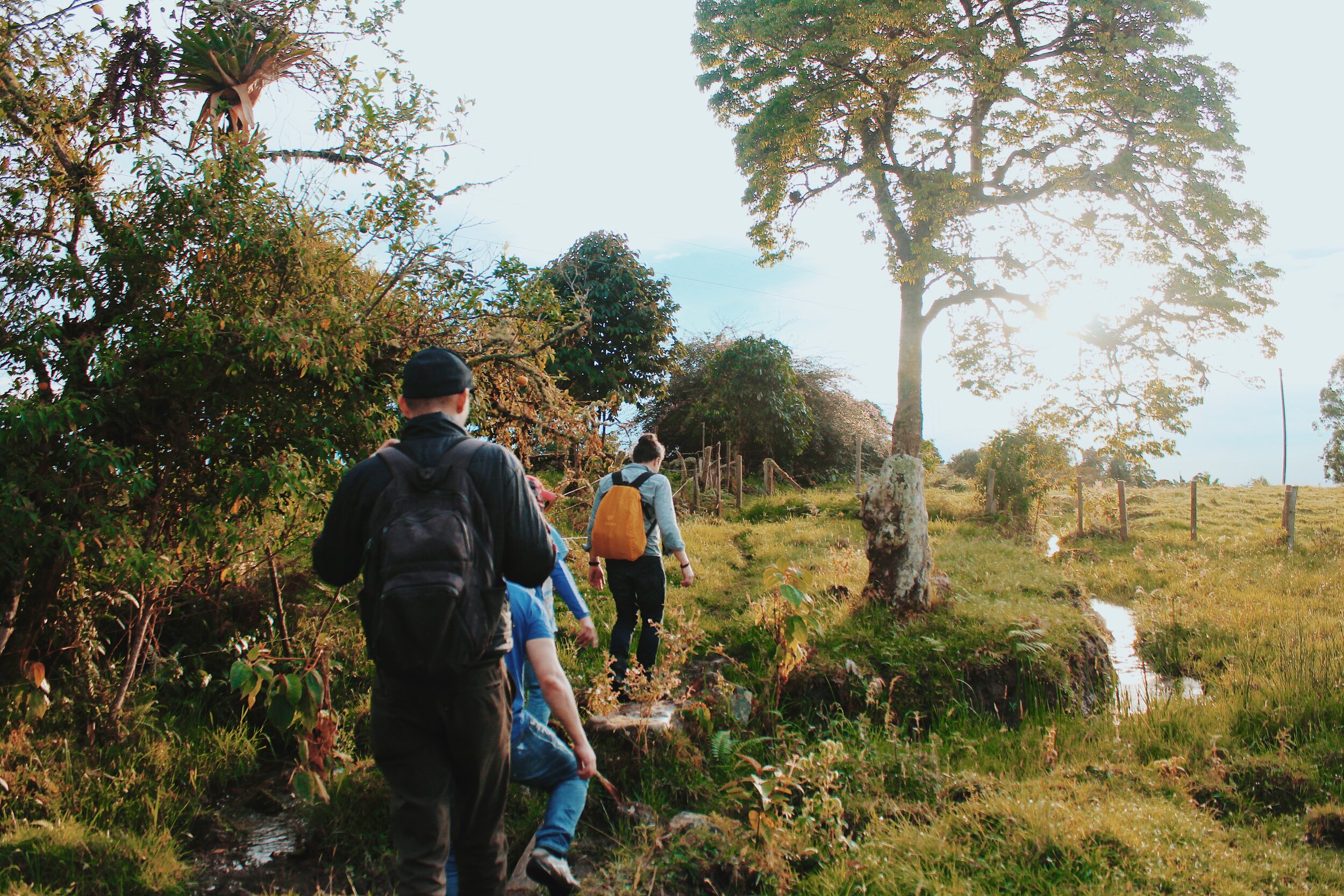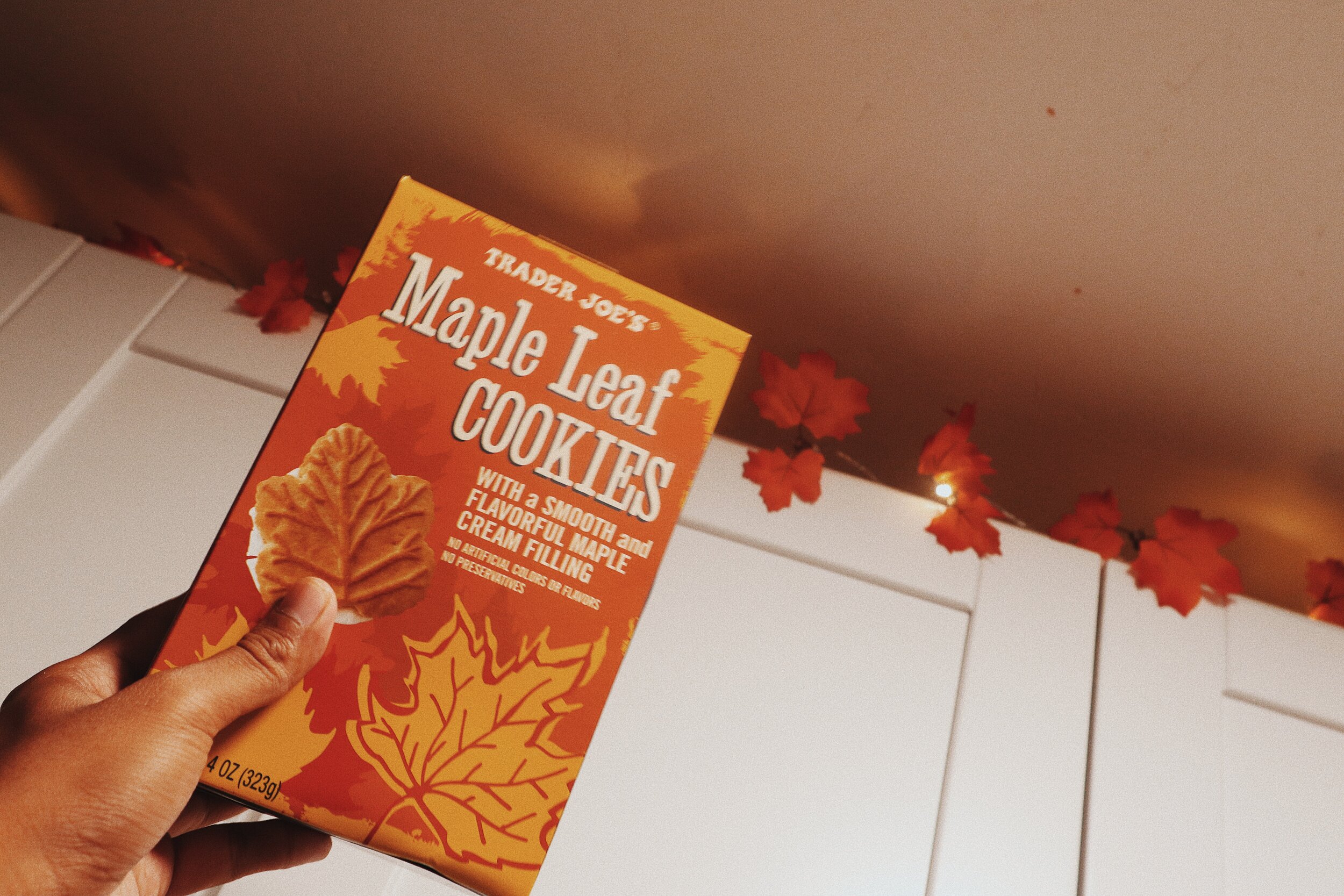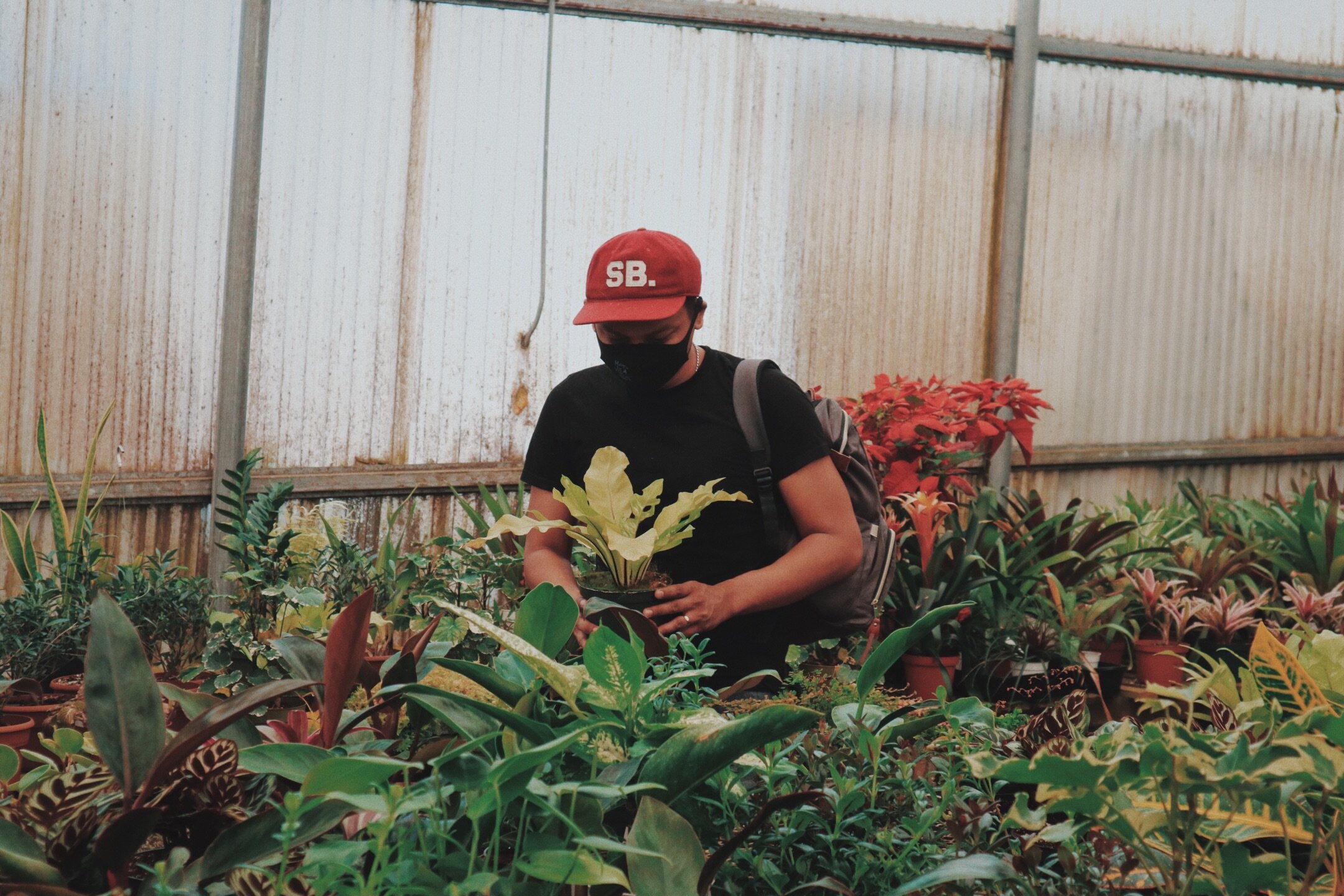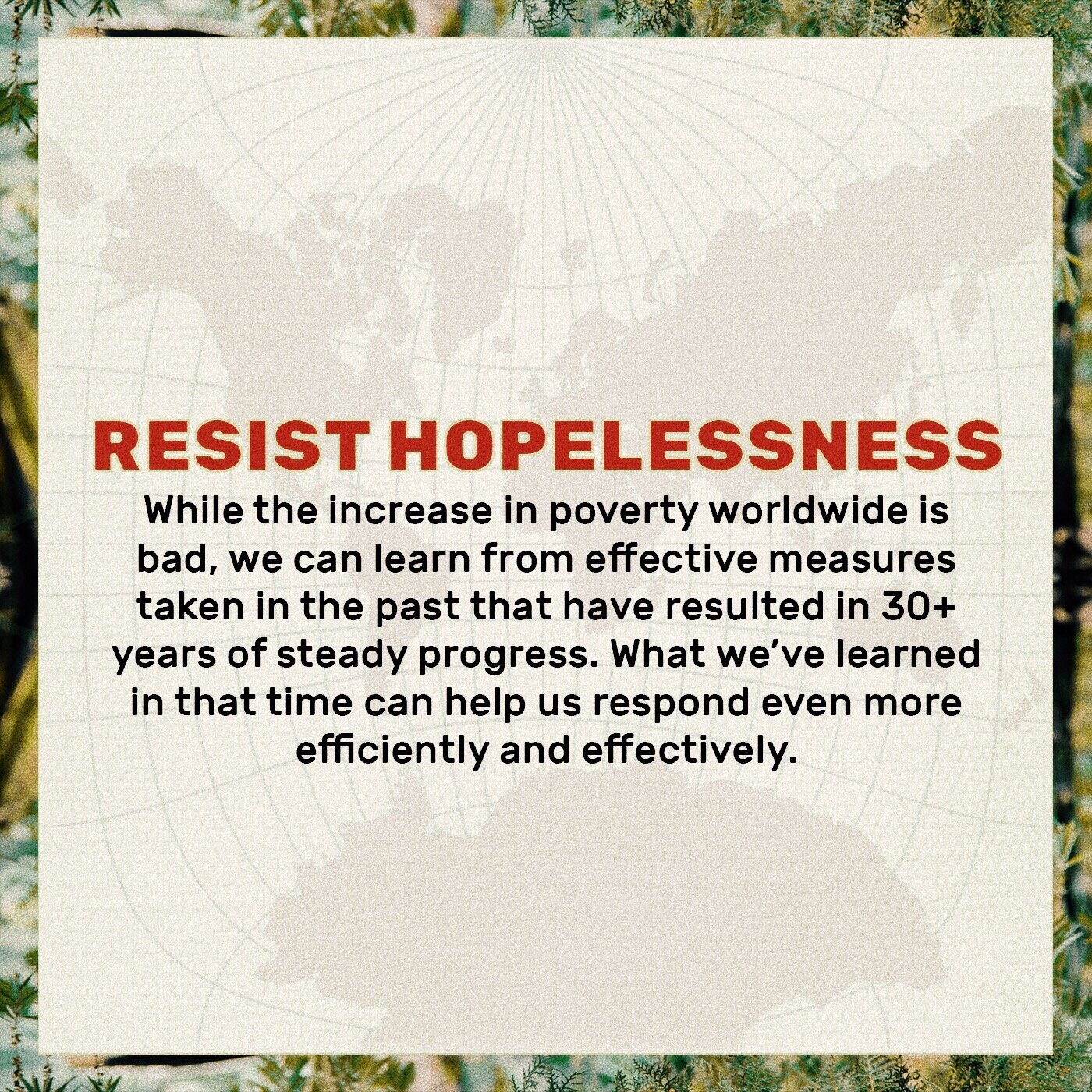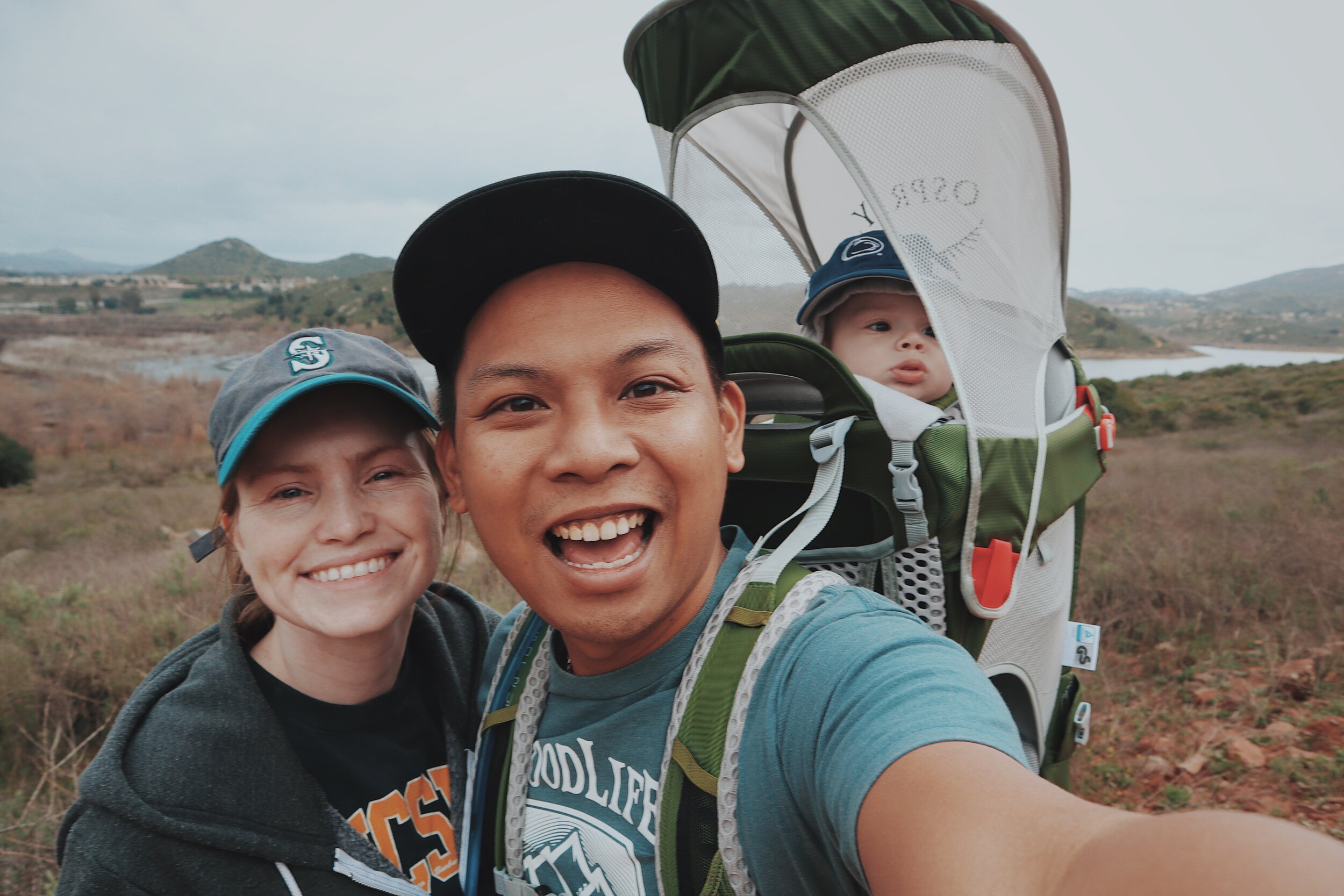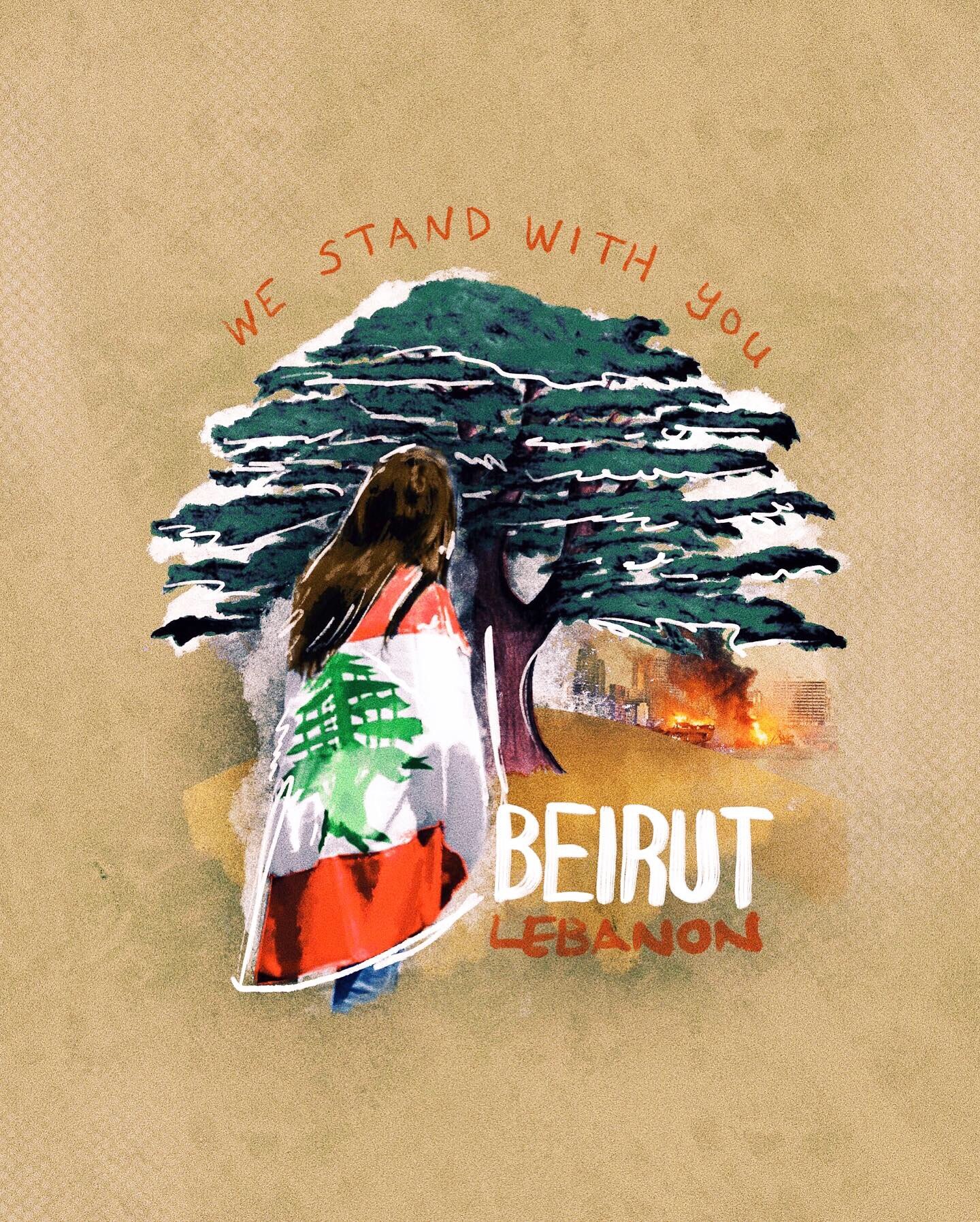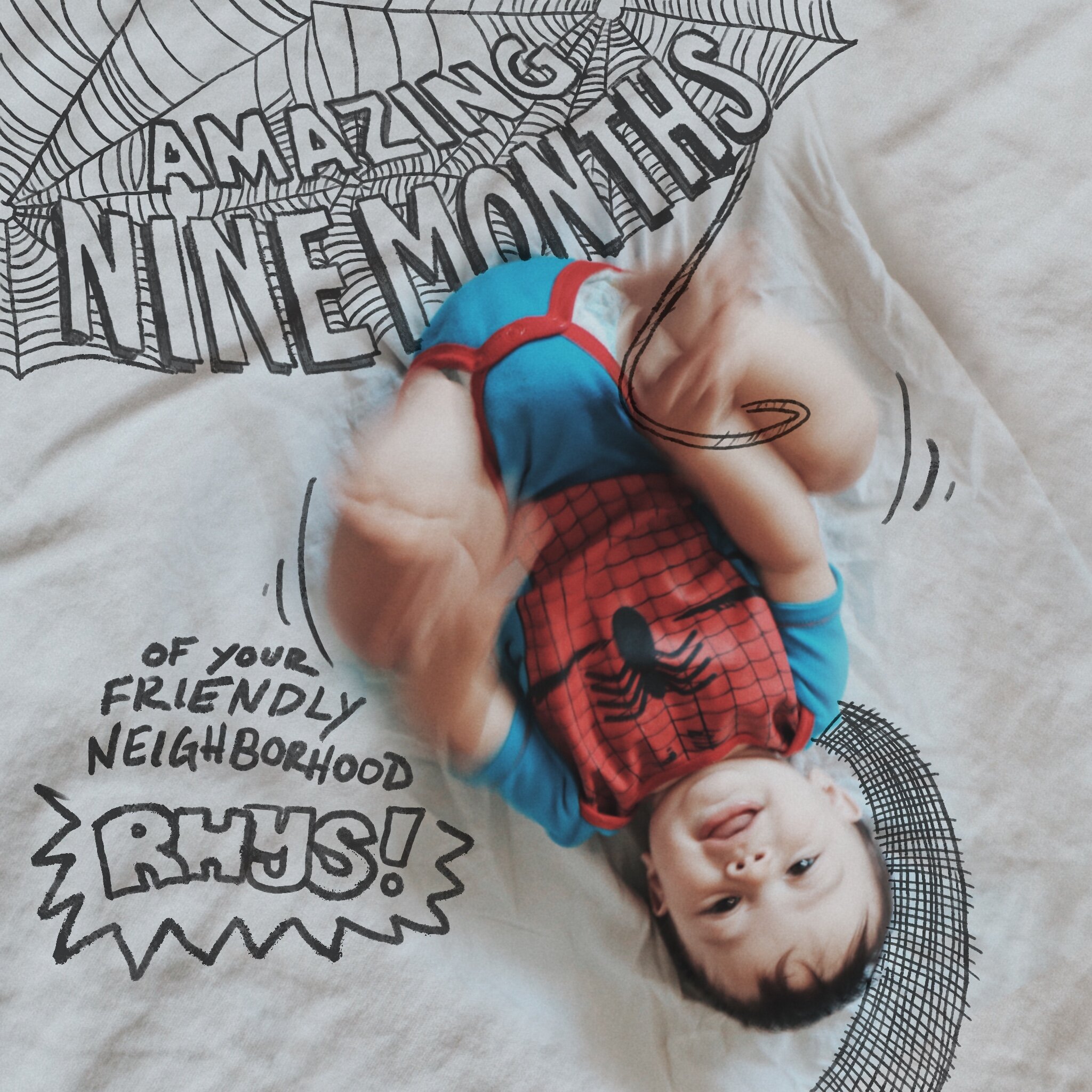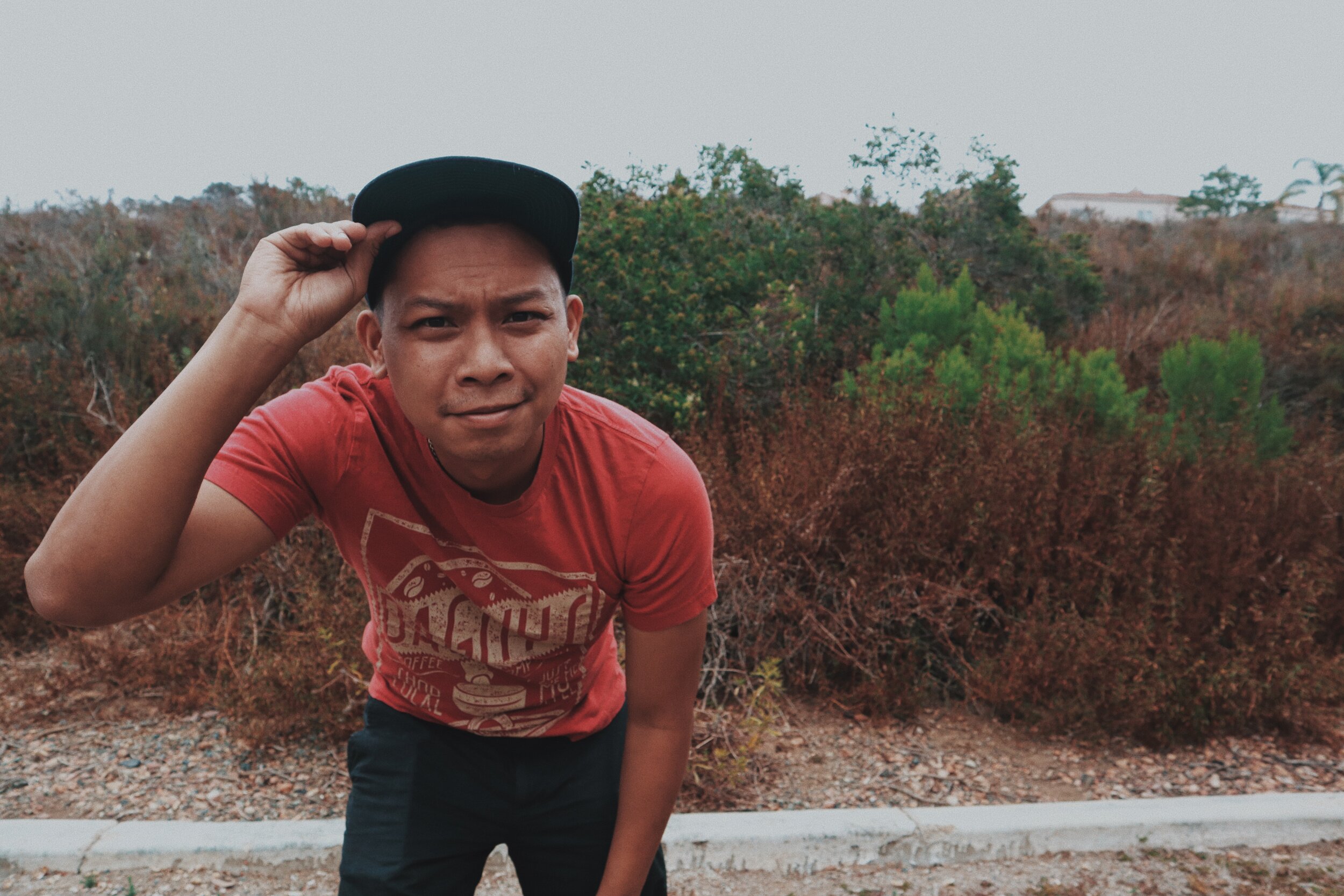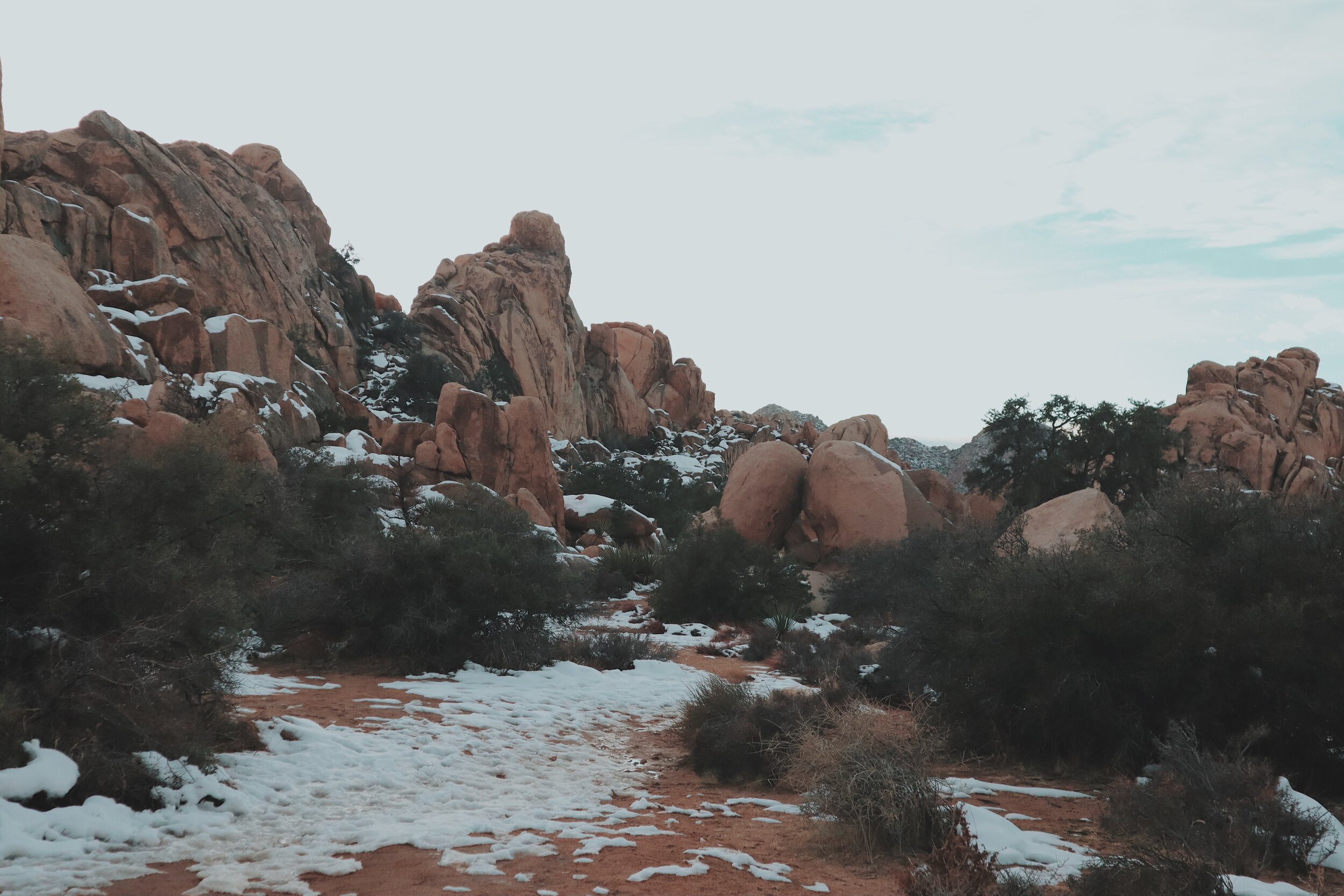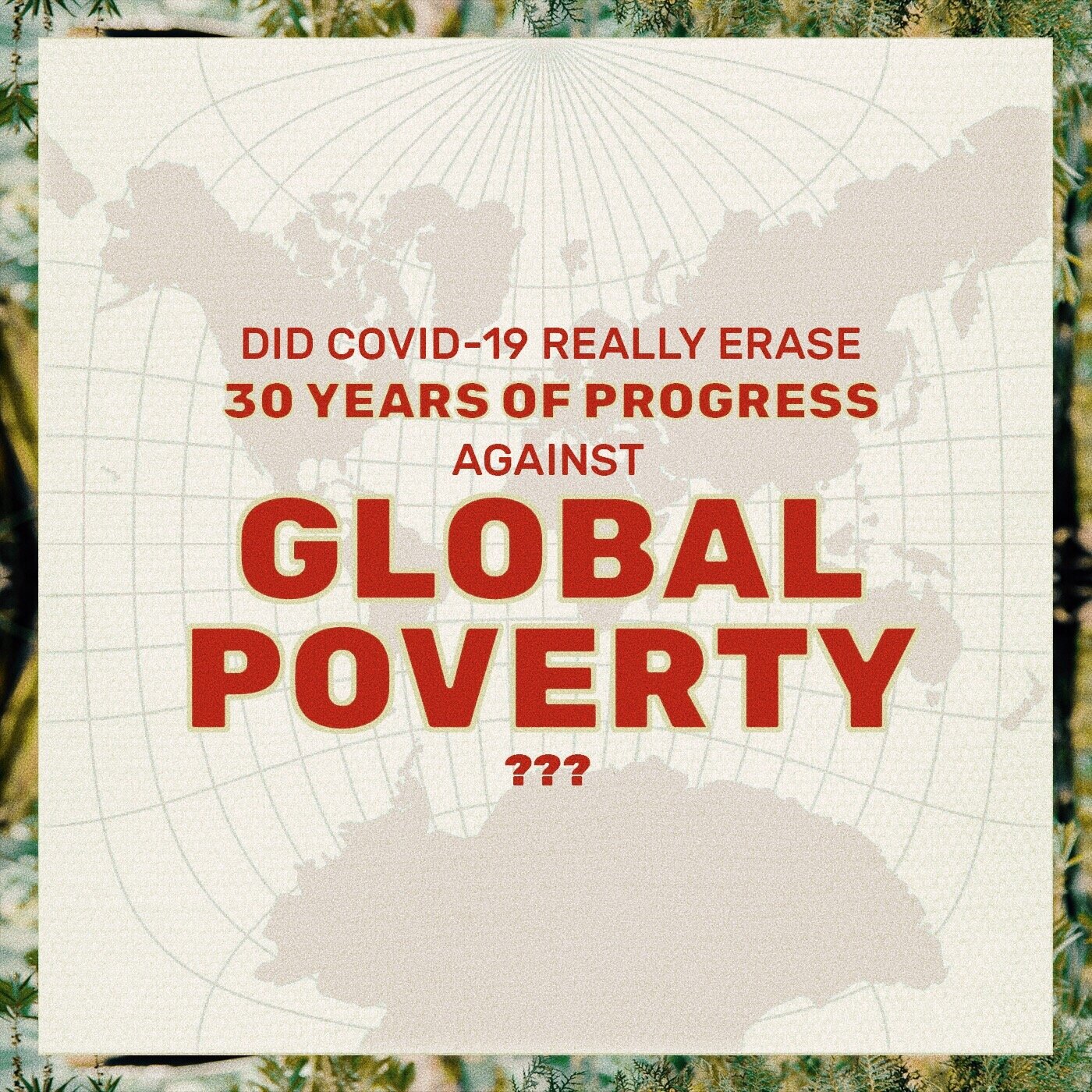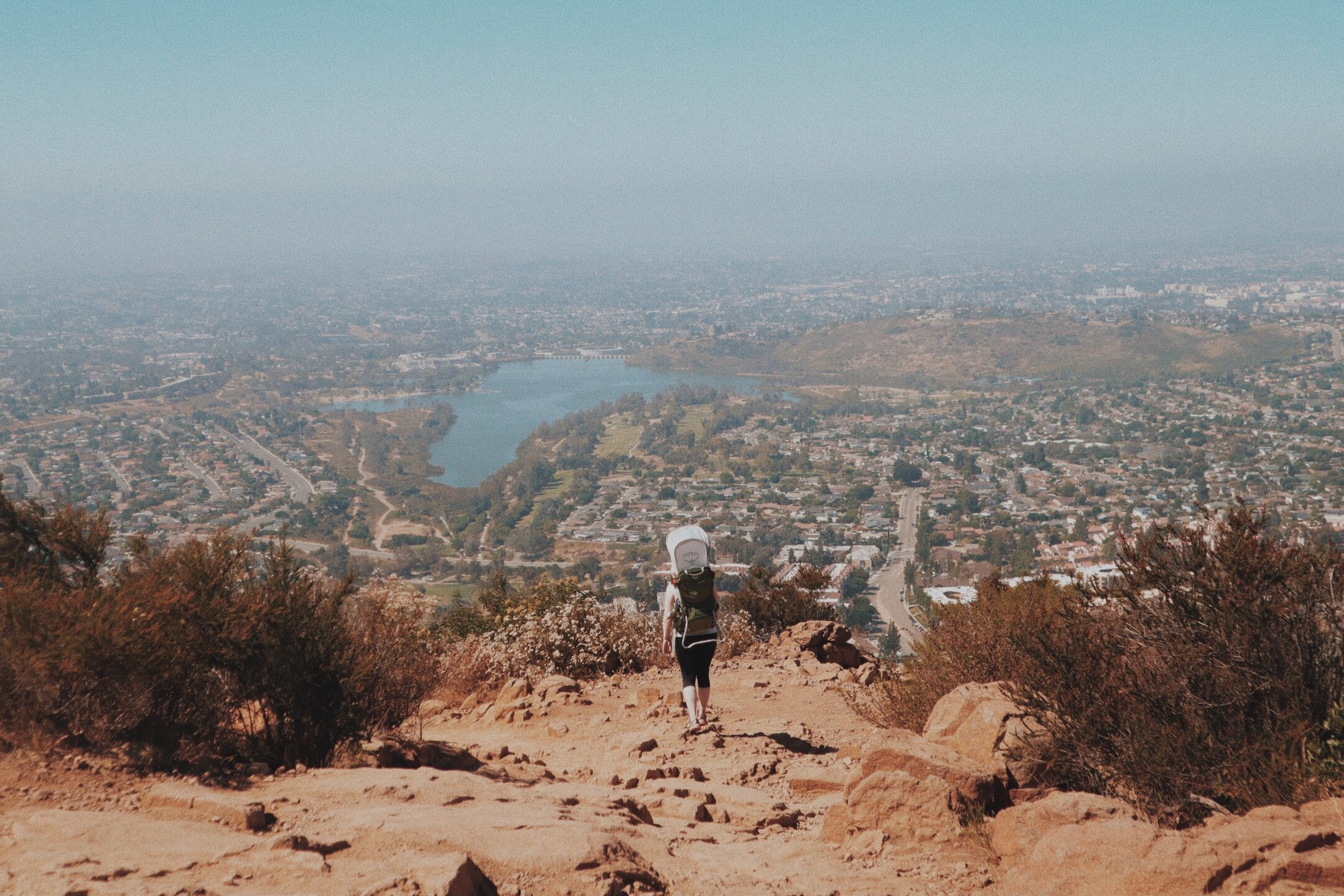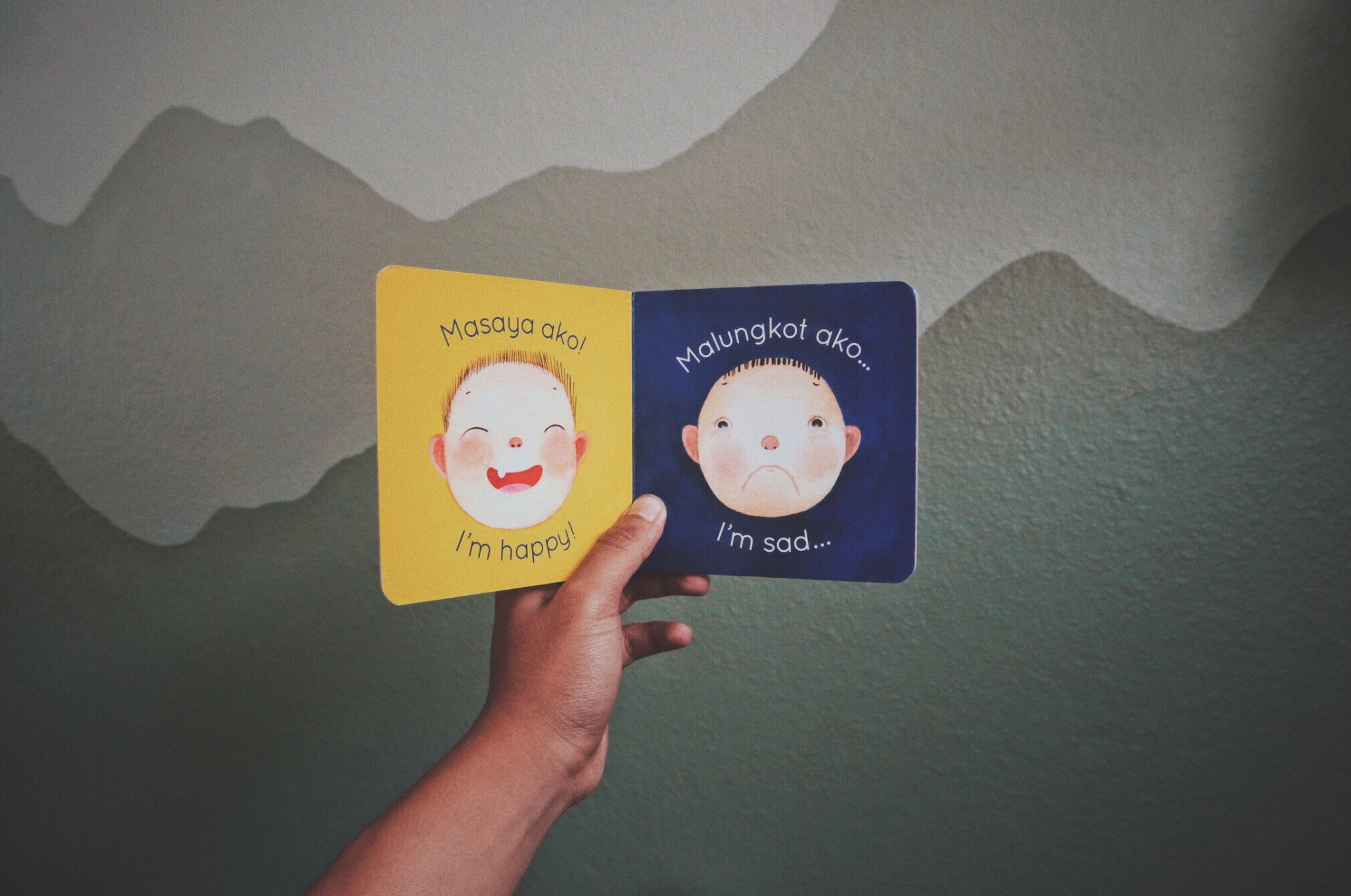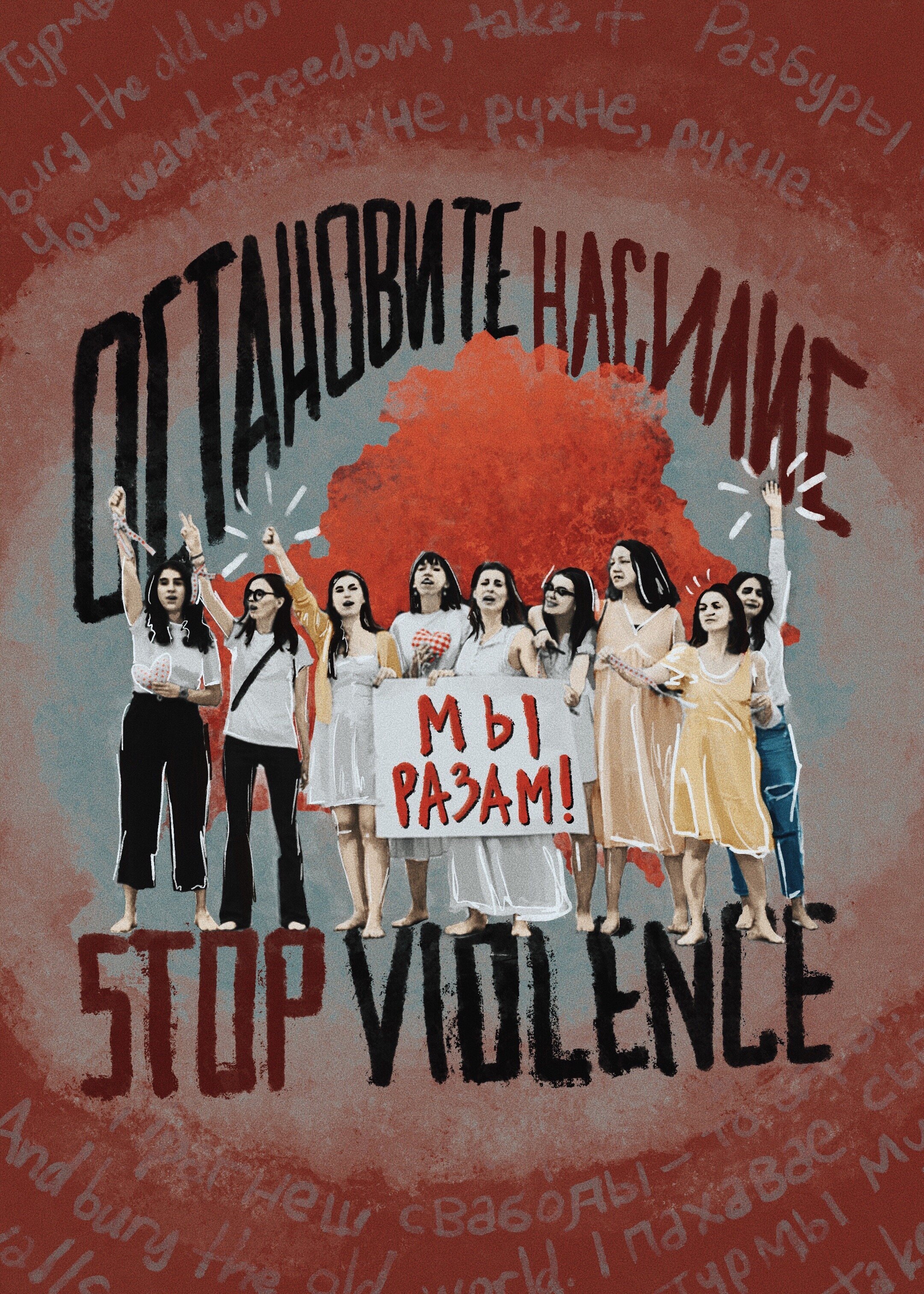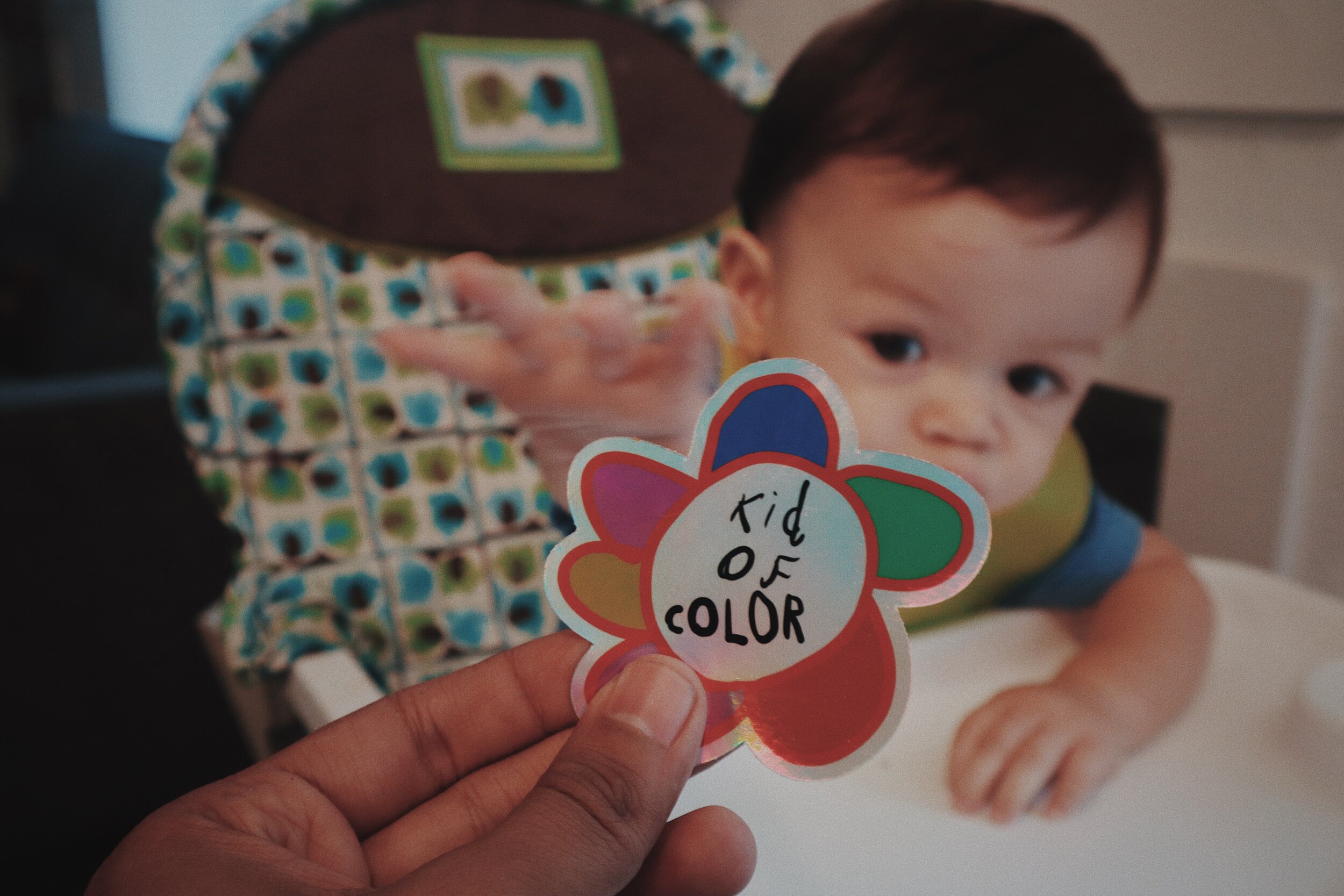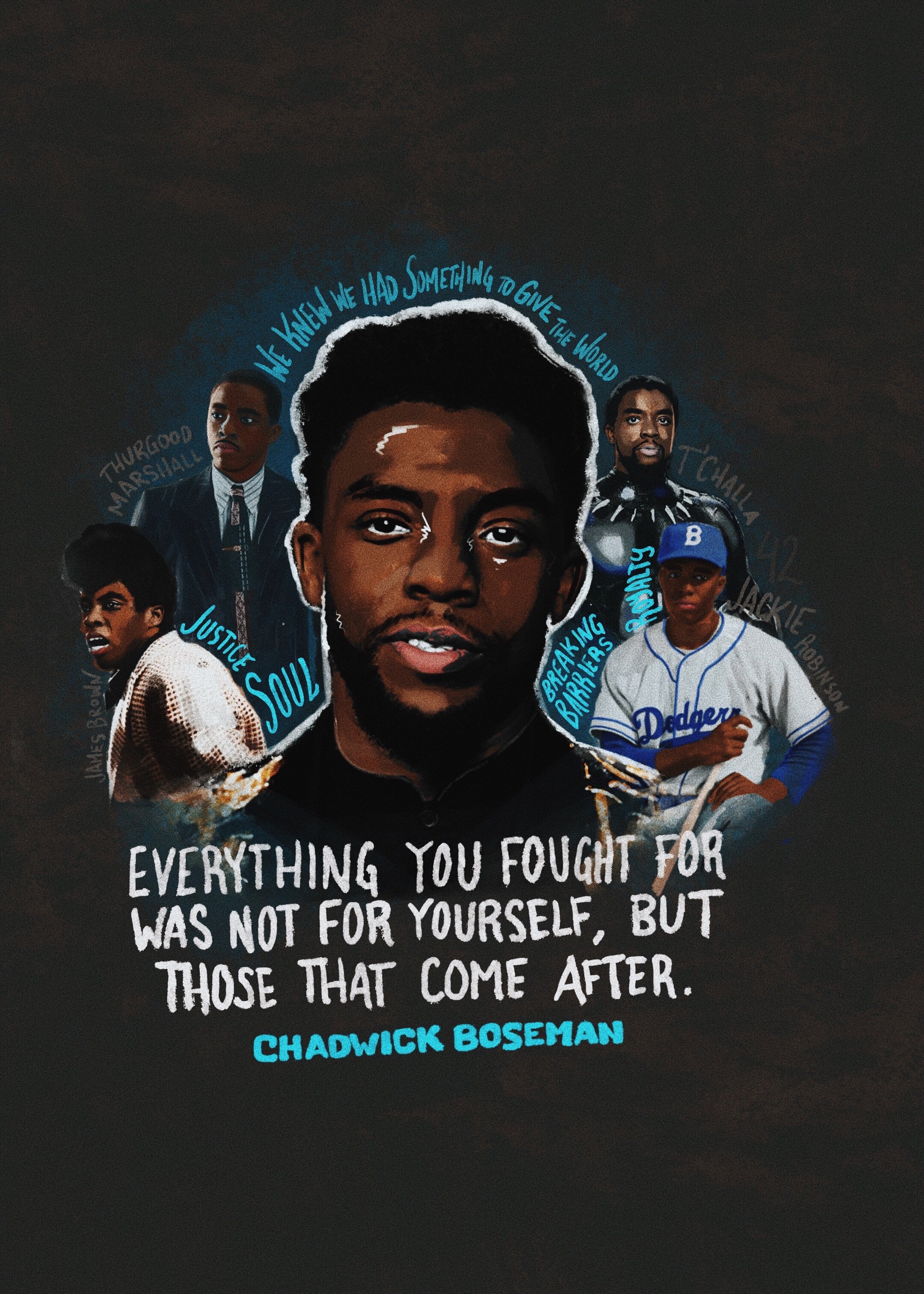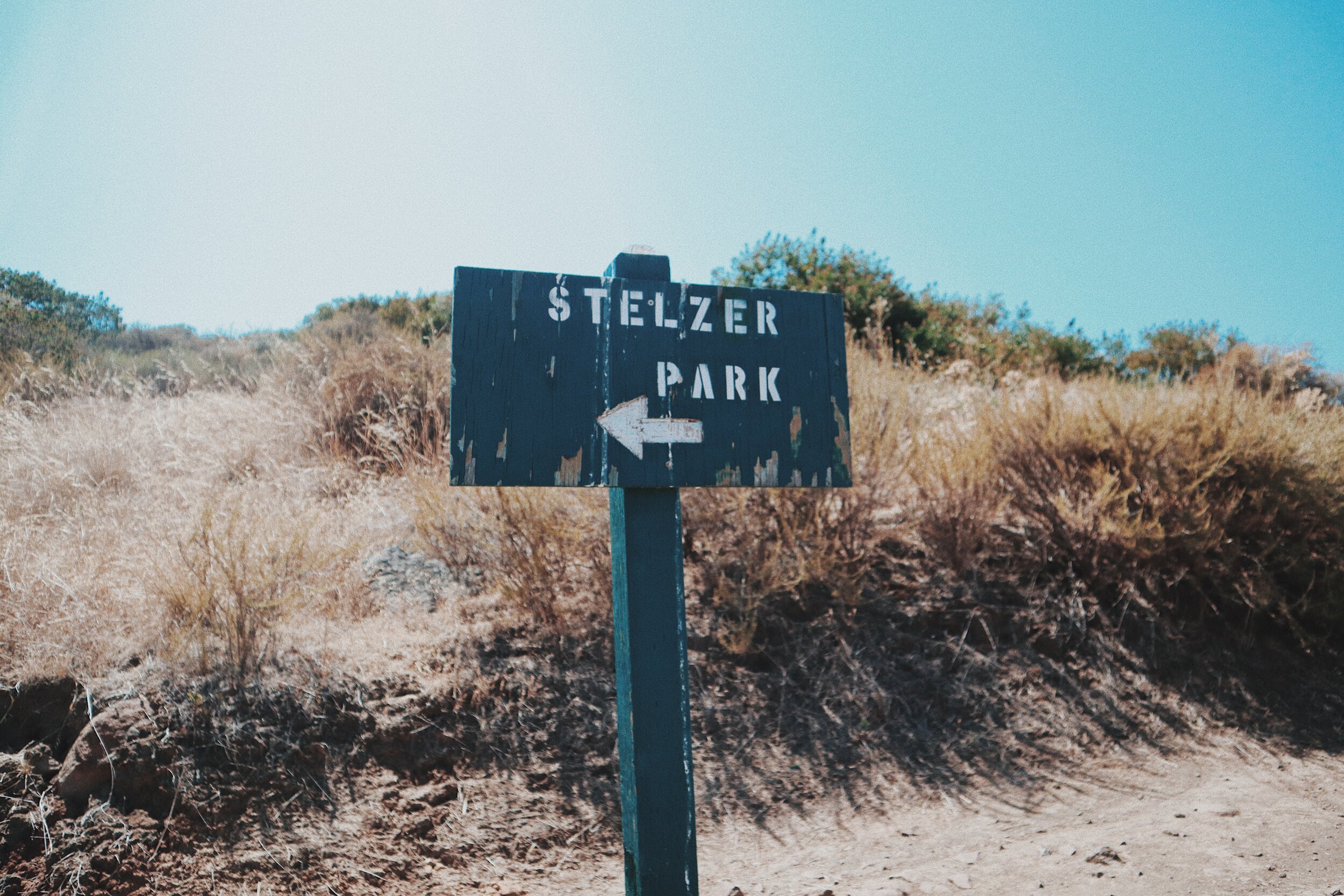#230 Long Left Desk
17 August 2020 // San Diego, California
I’ve been a pretty optimistic person for most of my life, but I’d say it’s only in the last couple of years that I’ve learned what it looks like to be genuinely hopeful.
And that only really started when I went through some of my hardest times.
During the early days of the pandemic, I was a bit surprised to find that the messages that bothered me the most were the overly cheery ones. Telling people “everything’s going to be okay,” seemed cruel while thousands of families were losing loved ones. When the righteous anger and grief propelled many to protest racism, many calls for “peace and unity” often seemed to stand in the way of authentic peace and unity. When toxic positivity encounters human suffering, it’s basically telling somebody that you don’t see their hurt.
I think one of the reasons this particularly bugs me is that for a long time, I’ve tended to be guilty of it. And when somebody shares with me a hard thing, I have to make a conscious effort to not go there. One of my more Enneagram 7ish things is being able to find the silver lining in everything.
I like how Natalie Detillo described excess positivity in the Washington Post yesterday. “Think of it as having a few too many scoops of ice cream. It’s really good and it makes us feel better, but you can overdo it and it makes us sick.”
Or it’s like trying to shove ice cream into somebody’s face when they don’t feel like having ice cream. That’s not really going to make them feel better.
A screenplay with 100% happy scenes would make for a terrible movie.
Toxic positivity dulls the vibrancy of the full human experience.
Nothing heals that isn’t grieved.
I am fiercely committed to hope. But I can assure you that you won’t find the real thing if you make it a habit of looking away from tragedy, injustice, or heartbreak.
#231 Jude’s Sticker
18 August 2020 // San Diego, California
A couple things Rhys and I are practicing:
Our Tagalog
Emotional intelligence
One of the biggest areas of growth for me has been learning how to pursue wholeness over happiness. Sometimes, my default reaction to disruptions is to rationalize my way towards happiness rather than making room for fear, anger, or grief.
I’ve been fortunate enough to spend time in cultures that are a little more accustomed to leaving space for these feelings, and I’ve noticed that this actually opens up the space for a richer, realer sense of joy. Some of us come from cultural backgrounds or spiritual communities that actively urge us to stay focused on the positive, but I’ve found it helpful to remember that we were given these unpleasant emotions for a reason.
FEAR - Fear keeps us safe. It alerts us to threats. Fear sometimes gets stigmatized because it sometimes gets in the way of our purpose. Sure, it isn’t always in tune with reality, and shouldn’t be the final decision-maker. We have the ability to experience fear because our lives are sacred, and worth protecting. We also develop a concern over others’ safety as we grow to love other people.
ANGER - Anger exists because justice exists. We feel angry when our sense of justice has been violated, whether that’s somebody cutting us off and invading our space, or something bigger like trafficking or racism. Our sense of justice isn’t the same as what’s actually right and wrong, which is why you sometimes see outrage over pretty silly things, but it does reveal to us that justice exists and we all have the capacity to understand it. Google “anger quotes” and you’ll find so many that speak of anger in a negative way. Without control, it can create a lot of destruction, but in the right place, it’s a valuable and essential part of the healing process.
SADNESS - Sadness exists because there are sacred and valuable things. Sadness accompanies a loss or an absence, and it reminds us that what’s missing has value, whether that’s a relationship, the security that came with a relationship, the expectation of a certain kind of future, health, a loved one, a season of life, etc.
If God didn’t want us getting sad, angry, or concerned, he wouldn’t have given us that capacity in the first place! Instead, I think it’s helpful to explore what each of these emotions are there for. And we could probably keep going! We can feel guilt because we have an inner motivation to do what’s right. We can feel embarrassment because everybody has dignity. And so on.





